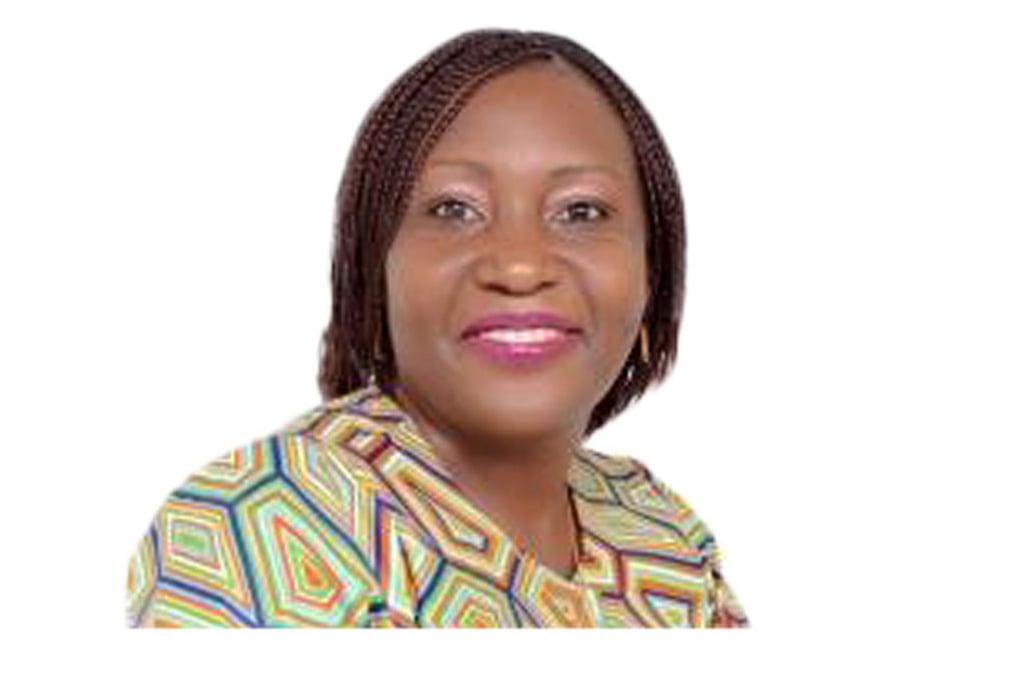What to do when failure and regret are interwoven

Ms Rosette Wamambe
What you need to know:
- When upon falling we use that fall as a springboard for our next move we will certainly never be counted among those in the failure club.
Last week, we discussed the fact that failure will always feel better than regret. I shared this article in my ladies coaching group called Achievers Academy and one of my clients asked what my coach Valorie Burton refers to as a PQ (powerful question). After reflecting on the same, allow me to provide a response to this question.
What we know about effective leaders is that they not only know the way, but they take the journey and then bring others along. Each time we do what we have never attempted before, they are bound to be mistakes that could result in failure.
Of course, this is not bad given the fact that one can harness the lessons and use them for their betterment. What is not good, however, is when a leader lives with regret because they dared to venture out of their comfort zones and got burnt. In my view when one gets to this stage they are then moving towards shame.
Brene Brown, who has done extensive research on shame and has a TEDx talk on this subject, refers to shame as “a feeling one gets when they believe they are not worthy of anyone caring about or loving them”. This in effect means when you allow failure to intertwine with regret you are in essence referring to yourself as a “failure”.
It has been noted that as leaders we all fail at one point or another. However, we will only remain on the path of failure when we splatter after we hit rock bottom and allow our remains to stay there.
However, when upon falling we use that fall as a springboard for our next move we will certainly never be counted among those in the failure club.
In view of this, my answer to the question above would be, first to commend them for being vulnerable and asking this question.
Brown says vulnerability has got three ingredients; innovation, creativity, and change. To this end, I advise that you start by accepting that you dared, and this is a great trait for all effective leaders.
Next, do an audit of the exercise and do what great leaders do, which is to ask powerful questions that will result in honest answers which will allow you to find out the reason why you dared in the first place.
Second, with your answers in hand keep in mind this quote by JK Rowling, the author of the famous Harry Potter series, “It is impossible to live without failing at something unless you live so cautiously that you might as well not have lived at all, in which case you have failed by default.”
It is known that Rowling got a series of rejection letters from 12 publishers and yet after each rejection she still knew that her dream was meant to see the light of day and indeed it did in a way that must have left the 12 publishers with some wounds to lick.
What I know for sure is that our creator does not condemn us when we fail. Why then do we beat ourselves up and carry this load and yet He says, “Come to me, all you who are weary and burdened and I will give you rest.”
Finally, given that none of us can live successfully without failing, it is imperative that you get a new perspective on failure and refuse to allow it to ever intertwine with regret which, according to Wikipedia, is “an emotion of wishing one had made a different decision in the past because the consequences of the decision one made were unfavourable”.
If regret then is an emotion, it must be checked to avoid its pains stopping an effective leader like you from moving forward with fulfilling your life purpose.
Mr Rosette Wamambe is a transformational leadership coach with the Maxwell Certified Leadership Team, [email protected]



